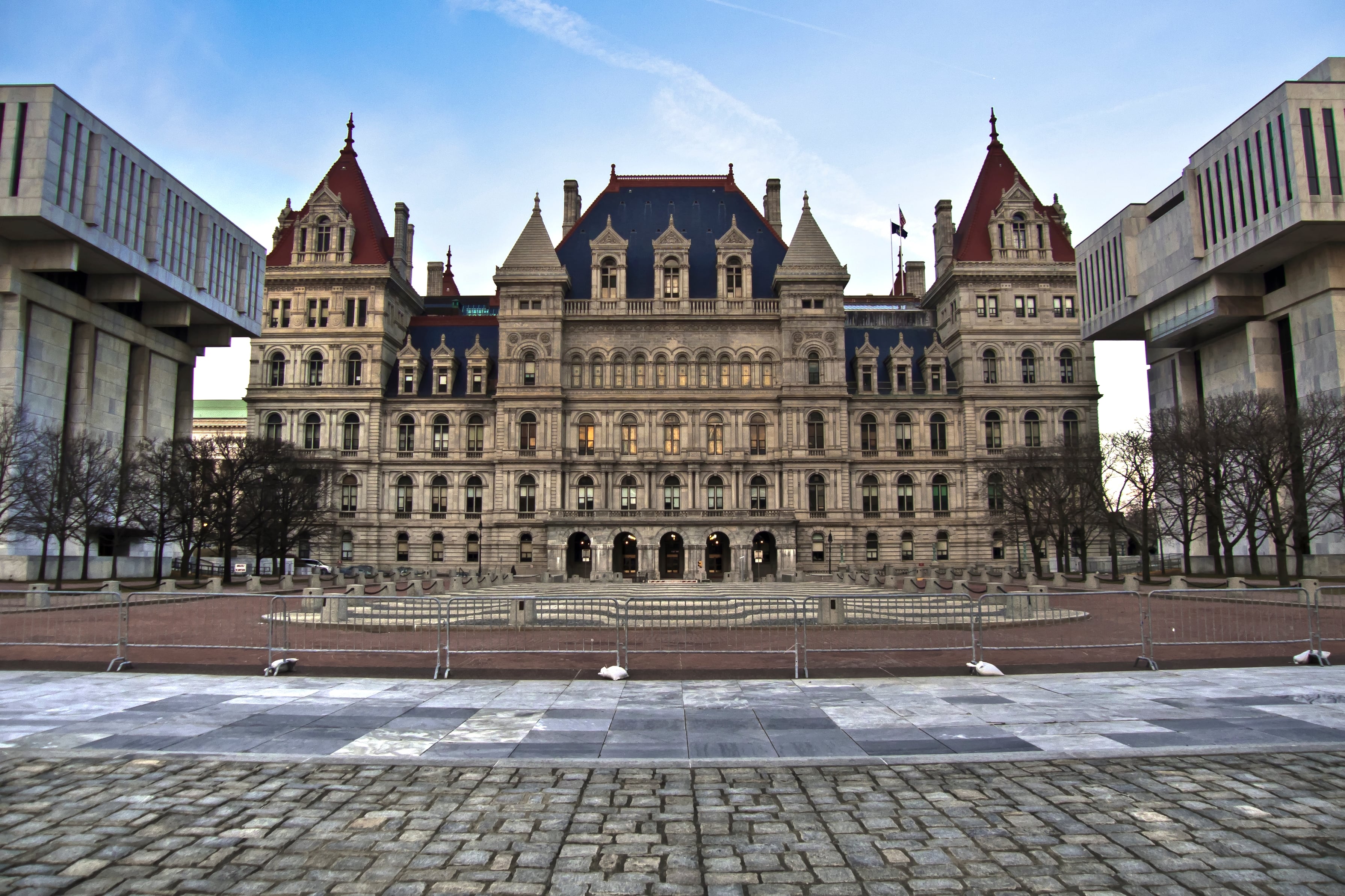Sign up for Chalkbeat New York’s free daily newsletter to keep up with NYC’s public schools.
New York’s Board of Regents has called for increased investments in the state’s information technology infrastructure, a bolstered educator pipeline, and additional money to update the state’s learning standards.
As part of its annual state budget proposal, members of the board outlined its priorities for the upcoming fiscal year, before lawmakers return to Albany for the next legislative session. The proposal, unanimously approved Monday by the Regents, provides a set of recommendations for Gov. Kathy Hochul and the state legislature. Hochul is due to issue her own budget recommendations in January and ask lawmakers to approve a 2024-25 fiscal budget later in the spring.
As its top priority, the Regents asked for $4.3 million to update the state education department’s aging IT infrastructure, as well as an additional $16 million for state data systems — much of which would support a special education data system to help identify where certain programs were lacking or had extra capacity, officials said.
The infrastructure investments are critical in order to maintain secure and stable systems that will facilitate the department’s work across all other education issues, officials said.
The Regents also sought to address teacher shortages that have impacted New York and other states by seeking nearly $4 million over three years to bolster and diversify its educator recruitment pipeline.
Though New York City hasn’t endured the kind of severe teacher shortages that have hit other parts of the state and the country, its pool of educators shrunk by roughly 2,000 last year, according to city data as of September.
The Regents asked lawmakers to devote an additional $1.4 million to update the state’s learning standards, particularly in literacy and health, and to better align them with culturally responsive-sustaining education practices. The proposed funding comes after a state commission tasked with rethinking the state’s graduation requirements included updated learning standards among its proposed changes.
The board also called for more than $250 million in funding to modernize Foundation Aid, a formula that sends state money to its roughly 700 school districts. While the formula already sends more money for schools with high-need students, proposed revisions would update how students in poverty are counted, among other changes.
Other priorities included:
- funding expanded access to career and technical education and early college programs;
- ensuring special education services are fulfilled;
- creating statewide hybrid high school programming for students in juvenile justice settings;
- supporting library construction;
- assisting the state’s long-term transition to zero-emission buses;
- translating assessments for students who are English-language learners.
New York City budget concerns prompt discussion
During the board’s Monday discussion of its priorities for the next legislative session, Regent Shino Tanikawa raised concerns over the looming financial challenges many school districts face, as federal pandemic aid is set to dry up next year.
With that fiscal cliff on the horizon, Mayor Eric Adams has directed the city’s Education Department to cut its budget by nearly $550 million.
“In New York City alone, there are going to be many critical programs that will be eliminated,” Tanikawa said, pointing to social workers, expanded pre-school and summer enrichment programs. “If we don’t ask the state to step in to continue some of those programs, our students are at risk of slipping back to where they were three years ago.”
Regent Roger Tilles also emphasized that concern. He expressed fears over how the influx of asylum-seeking students in New York City would continue to impact New York’s schools.
“I’m at a loss,” he said. “I don’t know what the answer is. I have no idea what we should be doing, but I know the state should be doing something.”
State officials noted that while the current state funding model does not account for enrollment spikes during the school year, the budget proposal recommends adding additional midyear funding to support schools experiencing rapid growth.
“We have got to be careful, because it isn’t just, ‘How do we replace the federal funds?’” said State Education Chancellor Lester Young. “It is also in the context of: How were those funds used?
“Part of what we want to do is have a more informed approach,” he added. “It’s not going to be solved just having one meeting.”
Julian Shen-Berro is a reporter covering New York City. Contact him at jshen-berro@chalkbeat.org.





